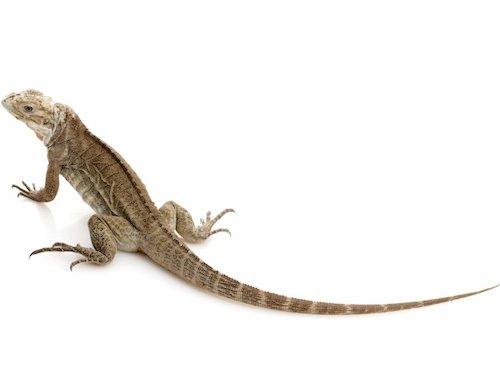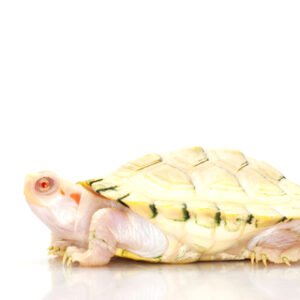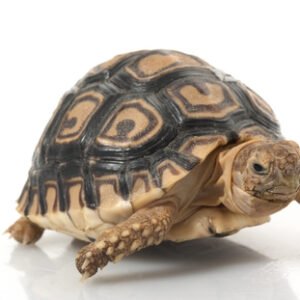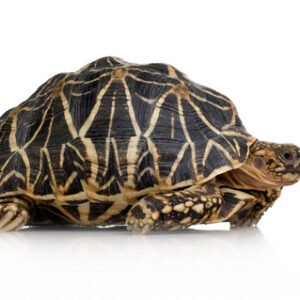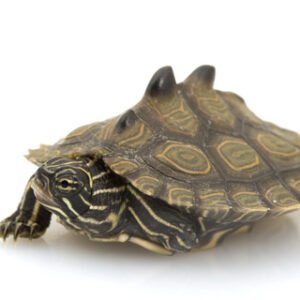Origins of the Rhinoceros Iguana
The rhinoceros iguana (Cyclura cornuta) is a compelling reptile species that originates from the Caribbean islands, with its primary habitat being Hispaniola, which comprises the nations of Haiti and the Dominican Republic. This iguana thrives in various habitats, including dry forests, coastal regions, and scrublands, where it has adapted remarkably well to the island’s diverse ecosystems. Despite its seemingly limited geographical range, the rhinoceros iguana plays a crucial role in its natural environment, contributing to seed dispersion and maintaining the ecological balance. Understanding its origins helps potential owners appreciate the importance of preserving this unique species.
Physical Characteristics
One of the most distinctive features of the rhinoceros iguana is its horn-like structures, which protrude from the back of its head, resembling the horns of a rhinoceros. This unique trait is not just for show; these structures are believed to play a role in social interactions among males, especially during courtship and territorial disputes. In terms of coloration, the rhinoceros iguana exhibits a range of hues from gray to olive green, often accompanied by intricate patterns, which aid in camouflage within its natural habitat. As they mature, these reptiles can grow to an impressive size, reaching lengths of up to 5 feet and weighing over 15 pounds, making them one of the larger iguana species.
Behavior and Conservation
The rhinoceros iguana is primarily herbivorous, feeding on a variety of plants, fruits, and vegetables. In the wild, they are known for their terrestrial habits but are also adept climbers. Their behavior includes basking in the sun, which is essential for thermoregulation. Unfortunately, the rhinoceros iguana faces significant threats in the wild, including habitat loss due to human development and the introduction of invasive species that compete for resources. This has led to a declining population, making conservation efforts vital for its survival. Understanding the rhinoceros iguana’s unique qualities and its endangered status is crucial for potential pet owners, as it informs responsible care practices and underscores the significance of conservation in ensuring the species’ future.
Caring for Your Rhinoceros Iguana: Tips for a Healthy Pet
Caring for a rhinoceros iguana requires a comprehensive understanding of its specific needs to ensure a healthy and thriving pet. The first consideration is the enclosure. Rhinoceros iguanas require a spacious habitat, ideally measuring at least 4 feet long, 2 feet wide, and 2.5 feet tall for a single adult. A well-ventilated enclosure made from screened or glass materials will provide adequate airflow while preventing escapes. Incorporating branches for climbing and basking spots that simulate sunlight is crucial, as these iguanas are natural climbers and enjoy seeking warmth. Additionally, substrate such as soil or organic mulch not only aids in humidity retention but also allows for natural digging behavior.
The diet of rhinoceros iguanas is predominantly herbivorous, which necessitates a varied intake of leafy greens, vegetables, and commercially available iguana foods. Foods such as collard greens, dandelion greens, and squash should form the foundation of their diet. Supplements such as calcium and multivitamins are also essential to prevent nutritional deficiencies. It is important to avoid high oxalate foods like spinach and rhubarb, which can hinder calcium absorption. Regular feeding schedules help maintain their health and a stable digestive system.
Temperature and humidity play pivotal roles in the overall well-being of your rhino iguana. Maintaining a basking area temperature of 95°F (35°C) and a cooler side of around 80°F (27°C) will help regulate its body heat. Humidity levels should ideally range between 60-70%, achievable through regular misting and the use of a humidity gauge. Frequent monitoring is essential to prevent health issues such as respiratory infections or shedding problems.
Additionally, vigilance toward common health concerns, including metabolic bone disease and infections, is crucial. Observing your iguana for signs of lethargy, abnormal eating habits, or changes in behavior can aid in early detection of health issues. Regular veterinary check-ups are also advised to ensure your rhinoceros iguana remains healthy and receives necessary preventive care. By addressing these key factors, you contribute significantly to the longevity and vitality of your beloved iguana.

